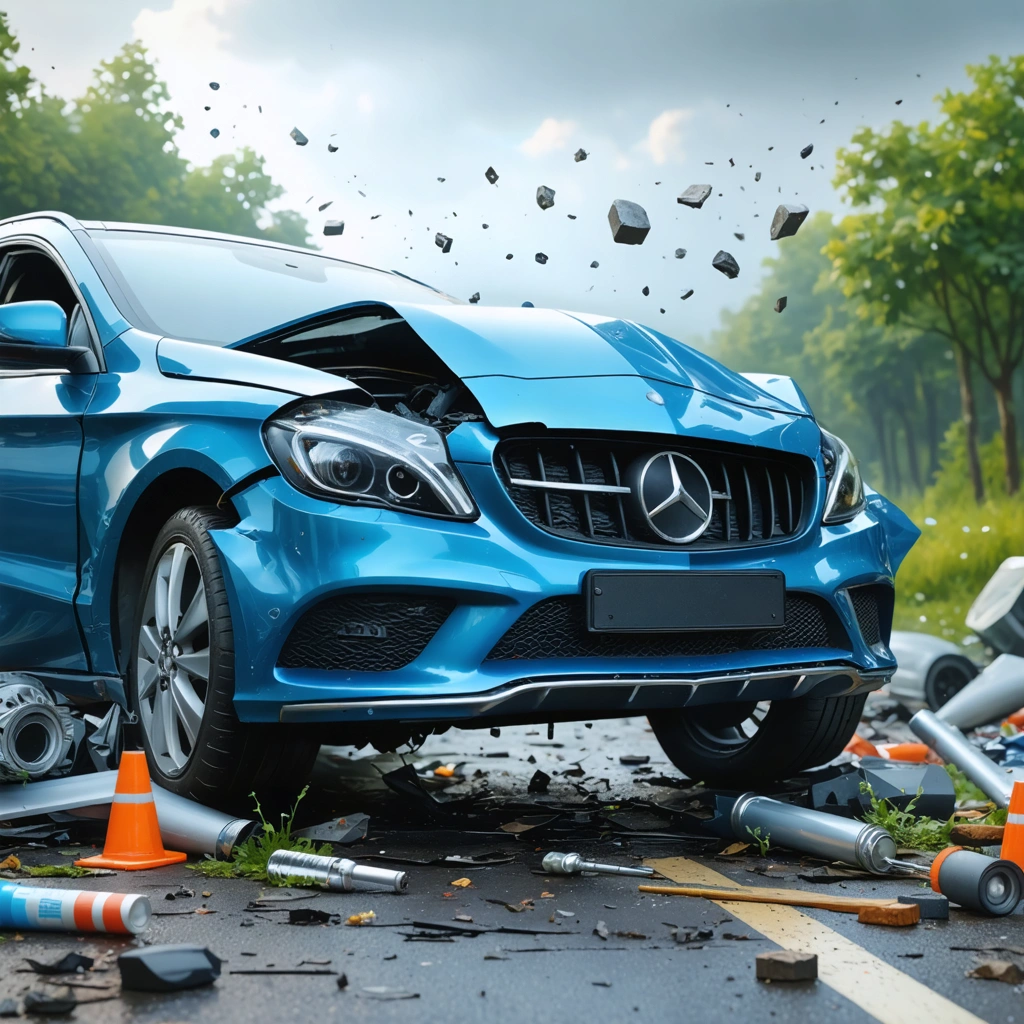
Introduction: Understanding the Importance of Post-Accident Steps
When involved in a car accident, emotions can run high, and it’s easy to feel overwhelmed. However, taking prompt and well-considered actions is critical in protecting your rights and ensuring that you receive full compensation for any damages incurred. The following article outlines the steps you should take after a car accident, offering a comprehensive guide designed to empower you during a challenging time. Remember, you have the right to full compensation but only if you demand it and control the situation.
Immediate Steps After the Accident
Ensure Safety and Seek Medical Attention
Immediately after the accident, your personal safety and the safety of others should be your priority. Follow these steps:
- Move to a safe location if possible.
- Call emergency services to alert first responders.
- Administer first aid if you are trained and it is safe to do so.
- Seek medical attention even if injuries appear minor, as symptoms can manifest later.
Notify the Police and Document the Scene
It is crucial to involve law enforcement as their report can serve as an essential piece of evidence. In addition:
- Call the police and provide clear details about the accident.
- Keep a record of the police report number, officer name, and contact information.
- Take photographs of all vehicles, road conditions, and any visible injuries.
- Gather contact information of any witnesses who may have observed the accident.
Documentation and Evidence Gathering
Accident Scene Documentation
Documenting the accident scene is a vital component in substantiating your claim. Consider the following strategies:
- Photographic Evidence: Capture high-resolution photos of damages to vehicles, debris, skid marks, and any relevant road signs.
- Location and Weather: Note details about the accident location, prevailing weather conditions, and time of day, as these factors may influence liability.
- Witness Statements: Collect statements and contact details of eyewitnesses for further documentation.
Medical Reports and Repair Estimates
Collect all medical documentation including hospital records and doctor notes, as well as repair estimates for your vehicle. The following table summarizes important documentation you should secure:
| Type of Documentation | Purpose |
|---|---|
| Police Report | Official documentation of the accident scene and involved parties. |
| Medical Records | Evidence of injuries and required treatments. |
| Vehicle Repair Estimates | Assessment of physical damage and repair costs. |
| Witness Statements | Support for your version of events. |
Understanding Your Rights and the Claims Process
Know Your Insurance Policy
Before progressing with your claim, it is essential to thoroughly review your insurance policy. Key points include:
- Coverage limits and deductibles
- Procedures for filing a claim
- Additional benefits such as rental reimbursement
- Exclusions and special provisions in the policy
An informed review helps ensure that you do not inadvertently waive any rights by accepting a lower settlement than what you deserve.
Consulting a Legal Professional
Legal guidance is invaluable when managing claims after a car accident. Engaging with an attorney who specializes in accident claims can provide:
- Expert advice on the intricacies of your case
- Assistance in negotiations with insurance companies
- A comprehensive strategy for proving liability
- Enhanced potential for maximum compensation
Negotiation and Claim Maximization Strategies
Demand Full Compensation Without Settling for Less
While many parties are tempted to accept a quick settlement offer, be aware that initial offers rarely cover the full extent of your damages. To avoid undervalued settlements:
- Do not rush into signing any agreements without reviewing terms thoroughly.
- Demand comprehensive compensation covering medical bills, lost wages, future treatments, and pain and suffering.
- Maintain detailed records of every expense related to the accident.
Tracking Damages and Future Losses
Beyond immediate expenses, it is critical to keep track of ongoing and future damages. Consider these steps:
- Keep a diary of symptoms and ongoing physical limitations.
- Document follow-up appointments, treatments, or therapy sessions.
- Record any additional costs or long-term rehabilitation needs.
- Consult with medical professionals to provide evidence for future losses.
Final Considerations and Preventive Measures
Learning from the Experience
Every accident, regardless of its severity, offers lessons that can inform future actions. Reflect on:
- How well you responded to the immediate situation
- The quality and thoroughness of your documentation
- Areas where communication with legal or insurance professionals could improve
Future Precautions and Safety Measures
While it is crucial to recover from current damages, it is equally important to take preventive measures going forward. Consider the following recommendations:
- Enroll in defensive driving courses to enhance road safety skills.
- Regularly review your insurance policy to remain updated on coverage specifics.
- Invest in vehicle safety innovations and consider technologies that may prevent future accidents.
- Establish an emergency plan for you and your family in the event of an accident.
In conclusion, the steps you take immediately after a car accident can dramatically influence the outcome of your compensation claim. By methodically documenting the scene, understanding the terms of your insurance policy, and seeking proper legal guidance, you empower yourself to demand the full compensation you deserve. Don’t let another party determine the worth of your recovery—take control, remain informed, and maximize your claim through a diligent, step-by-step approach.




